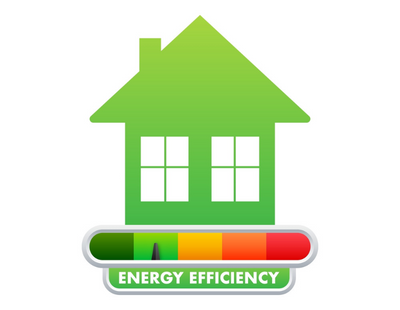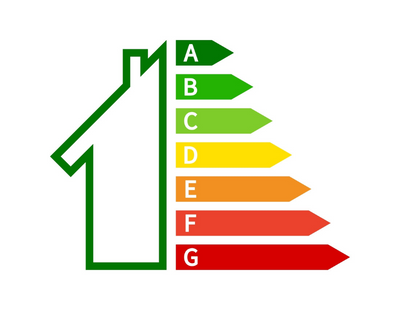It indicated a massive 2.5 million Energy Performance Certificates (EPCs) are likely to be inaccurate.
Yes, you read that right - 2.5 million.
The report focused on how outdated techniques to measure floor space appear to be having a significant - and growing - impact on the accuracy of EPCs.
The report said it’s possible tens of thousands of landlords are unwittingly breaking the law.
Spec’s researchers found that an estimated 35,000 E-rated properties are being let illegally, due to EPC scores that would likely be downgraded if the floor space was accurately measured.
There have long been calls across the industry for a review and reform of EPCs.
And this report will only heighten those demands.
This really really matters for a number of reasons.
One, decarbonising home energy use – particularly heating – is regularly cited as one of the biggest challenges the UK faces in getting to Net Zero. Yet, currently, Energy Performance Certificates (EPCs) often do not provide all the information we need to decarbonise homes. They can often be inaccurate, and offer little correlation with a building’s actual energy use or efficiency.
Two, from a financial perspective, without precise measurements, financial institutions face difficulties when funding energy efficiency solutions. This, in turn, hampers the seamless flow of finance into retrofitting the built environment.
Currently, EPCs serve as a key-tool for banks to verify the energy performance of a property and ensure it meets the predetermined criteria. However, the inaccuracy of EPC ratings in reflecting a property’s true energy efficiency makes financial institutions cautious about funding properties or programs. This, in turn, has a huge knock-on impact on the housing market itself.
Thirdly, mortgage providers have long expressed concerns about the EPC methodology, questioning its underlying assumptions and accuracy in measuring energy efficiency. This, in turn, can impact on lenders’ confidence.
Fourth, homeowners, who are unable to improve their EPC ratings, may face risks such as becoming mortgage prisoners, with limited market value growth or restricted access to specific financial products.
The fifth reason, which is becoming more and more of an factor, is that the issues created by EPC ratings are putting off many landlords from entering or remaining in the sector. It’s another headache many simply don’t want or need.
The Government is well aware of the deficiencies of the current EPC regime.
But progress on reform has been painfully slow.
That’s why I hope whoever wins power in next week’s General Election not only reads the Spec report. But they make acting upon it a top-priority.
If not - we’ll all end up paying the price.












.png)


.png)




Join the conversation
Be the first to comment (please use the comment box below)
Please login to comment